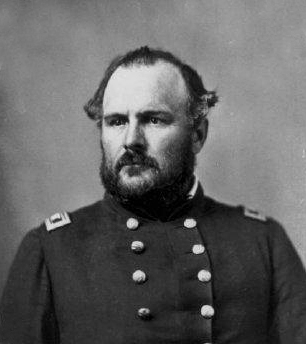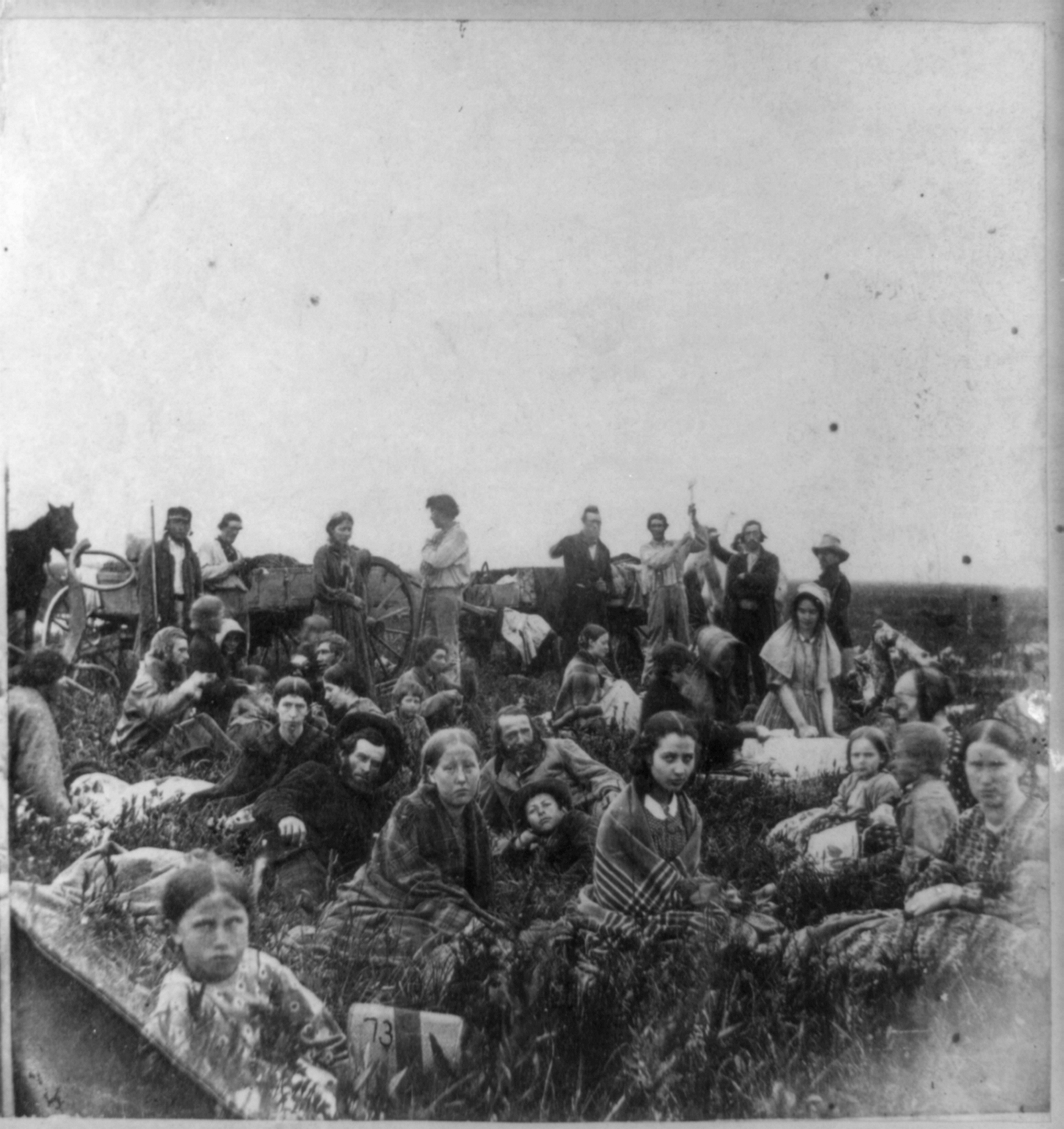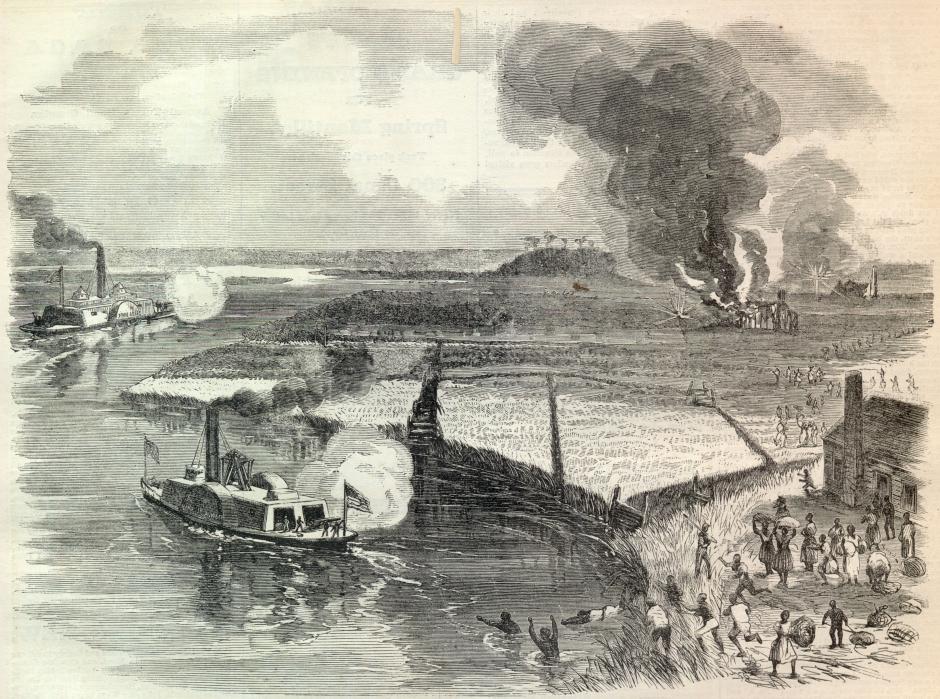From what we see from the few updates after the Treaty of Rotterdam, the principal, new, issues of London will be about two things, how to restore trade with North America, and the unique colonial problems, things like the Maori Rebellion that was getting out of control.
Trade is a big deal indeed, and I will be covering the Maori in the World in Review section! There's also some domestic politics which will dovetail with the American politics of 1865.
I think Richmond will be filled with arguments for and against seeking peace, though my gut says that radicals will probably win the fight.
The Fire Eaters have largely been sidelined during the war, and currently remain so. They're unhappy about it, but Davis commands a bit more political clout currently. The biggest irritation in the Confederacy is the upcoming draft of 1865 to keep the war going, and fears of servile insurrection in the Carolinas. Though there is also a peace faction in Richmond too.
That is what will be prompting many of the arguments in 1865.
And, Canada... I think it was mentioned that the giant potato field with some timberyards has two claimants, that being Quebec and New Brunswick, so it will cause lots of fights and severe headaches developing in several politicians.
Also, if you have time, can you explain the changes in Canada that happened in this timeline, compared to ours, except for the Treaty of Rotterdam?
I read the Canadian chapters, but I only remember that:
-Metis people allied with the Canadians against the USA and defeated their small and not-that-important invasion forces by guerilla warfare and one massive attack with two ships at the end. It was also mentioned that a treaty was made between Metis and Canadians (or rather Hudson Bay Company), with Metis, and presumably the Catholic Church, having a stake in running the colony, which I think will work not terrible, not great for both sides, given that it is mentioned and accepted in both British and Metis sources.
-Instead of Transcontinental Railway, Canada gets... I don't remember the name of it railway.
So, can you give me, and other readers of yours, a little summary of this timeline's Canadas?
The biggest changes compared to Canada as to OTL is as follows (besides the war that is):
- With the invasion in 1862, the Canadian political factions which endured massive dysfunction until 1864 OTL instead banded together in the face of a common enemy to form the Great Coalition two years early, sidelining every other minor faction in Canada through an alliance of the Tories and the Grits (Liberals). In doing so they created a unified government for the United Province of Canada. The Maritime colonies attempted to do similar, and Macdonald hopped on board hoping to form a big happy Canada early.
- The Halifax and Quebec Conferences resulted in a political compromise that gave the Provinces enormous power in the Senate that they simply did not (and do not) have OTL, which will be a big problem for Macdonald and any future government as he must now try and listen more to the provinces, rather then simply lording the power of Ottawa over them.
- As a result of this compromise (and the promise of money thanks to the Treaty of Rotterdam) PEI is joining Canada in the 1860s rather than almost a decade later. This will create a larger Canada than was extant in OTL's 1867 - Newfoundland still isn't in though. The partition of the captured territory from Maine is still an issue that has not been resolved.
- The Saint Andrews and Quebec Railroad coming from Saint Andrews New Brunswick to Quebec is hoping to be the first big intercolonial railway, and this ticks off Nova Scotia because they feel Halifax is the more important city and has yet to get the same railroad commitment, something they will harp on in the coming year. The Saint Andrews railroad will most likely be completed in 1865, giving an all weather and all Canadian route to the Atlantic well before the OTL Intercolonial Line of 1872. Though it should be said that Saint Andrews is hardly the major port of either Halifax or Portland (the Atlantic Terminus of the Canadian Grand Trunk Railroad). Railroad politics are going to be hugely important going forward.
- The agreement the Metis believe they have reached with the HBC is going to be very important going forward, especially as the new Canada may not feel like acknowledging it. The Metis on the other hand bled and died for it.
- In 1865 a major Canadian delegation is heading to London to hammer out the final details.
- On the Pacific not much has changed since British Columbia and the Victoria Colony didn't get invaded or receive any major territorial gains. However, the population will be slightly larger than OTL thanks to a combination of soldier settlers, deserters and some Americans choosing to settle there rather than return with the outbreak of war. More on them in the future!
- Semi related, but with roughly 100,000 Canadians from all the colonies having fought in the war, veterans associations and politics will be
very important in early Canada.
Essentially the war has sped up the OTL Confederation of Canada by a few years, and given some different economic scales to work with and a slightly larger population, one which is more militant than OTL and now extremely distrustful of its southern neighbor.


